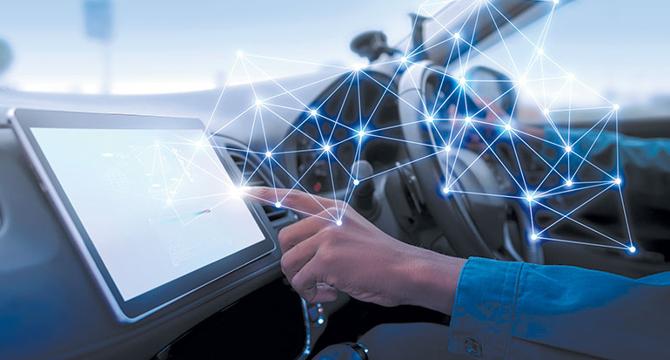Bworldonline
1w
320

Image Credit: Bworldonline
Trailblazers of technology in motion
- The automotive industry has been integrating AI under Advanced Driver Assistance Systems (ADAS) with features like adaptive cruise control and lane-keeping assistance.
- These technologies, although not 'intelligent' in the traditional sense, paved the way for more advanced AI integrations and applications in automobiles.
- Advancements have led to features like autonomous vehicles, AI-driven predictive maintenance, and real-time navigation assistants.
- Companies like General Motors, Toyota, and Hyundai are partnering with NVIDIA to develop autonomous driving systems.
- Wayve, a London-based autonomous driving startup, is expanding globally and leading the development of autonomous vehicles in Europe.
- CES 2025 showcased new technologies in automotive, including biometric well-being monitoring systems and full-windshield holographic displays.
- Garmin introduced a domain controller for in-vehicle displays, while Continental AG revealed a biometric sensing display for safety and comfort functions.
- Hyundai Mobis presented a full-windshield holographic display for driver assistance, and Honda and Sony unveiled Afeela 1, an interactive AI voice agent.
- The focus at CES 2025 was on practical, executable solutions rather than futuristic concepts, with AI and autonomous vehicles taking center stage.
- The automotive industry continues to pioneer the practical implementation of new technology, shaping the future of mobility with advancements in AI and autonomous driving.
Read Full Article
19 Likes
For uninterrupted reading, download the app